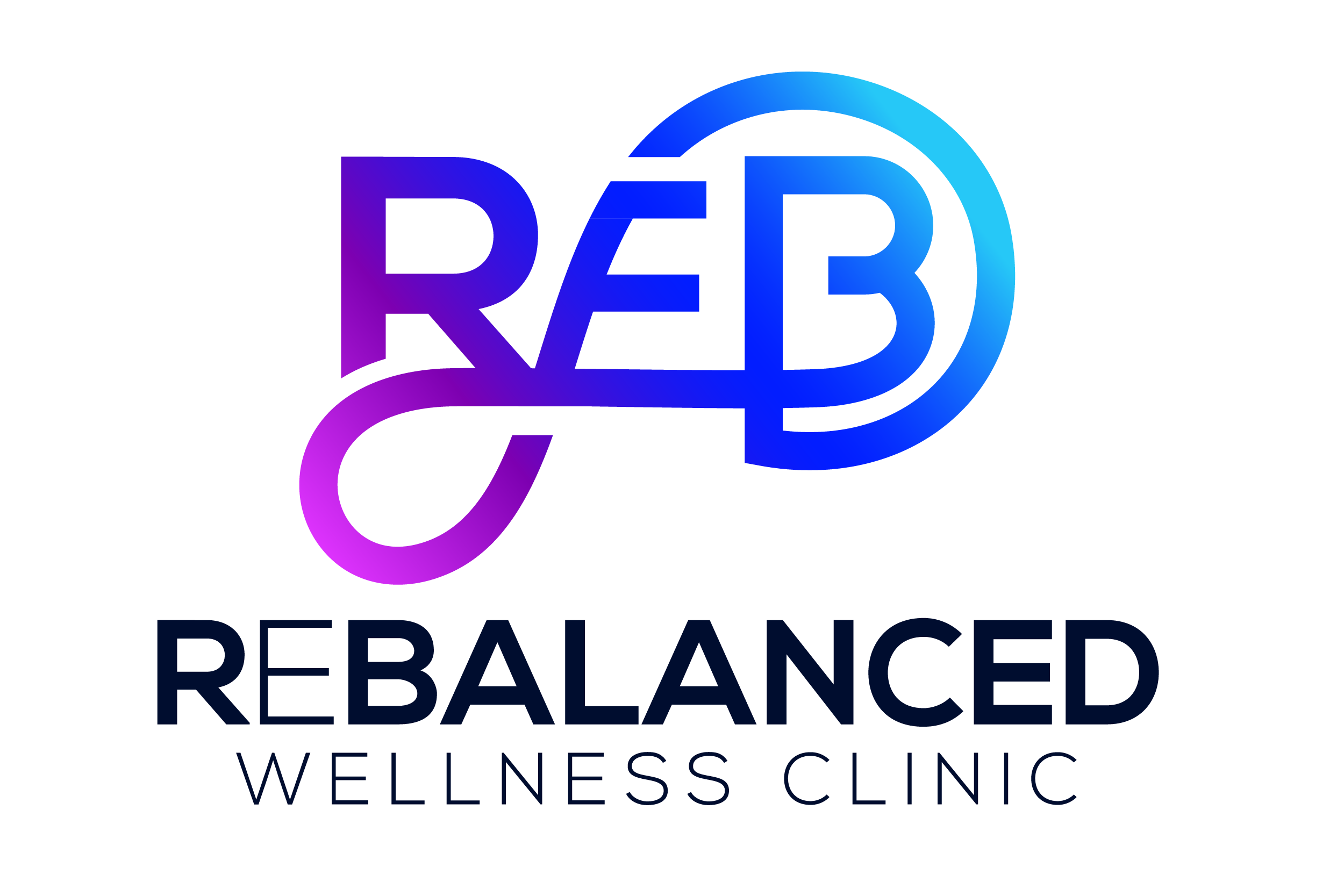Embarking on a journey to improve one’s health through diet can often feel like sailing into uncharted waters. With so many diet programs vying for our attention, it’s essential to have a compass to navigate these vast and sometimes turbulent seas. This guide aims to be that compass, helping beginners understand, choose, and stick to a diet program that aligns with their goals, lifestyle, and well-being.
Understanding Diet Programs: An Overview
Diet programs are more than just fleeting trends; they are blueprints that guide our food choices and eating habits towards a healthier life. Whether aiming for weight loss, muscle gain, or managing health conditions, understanding the basics and principles behind each diet is the first step. From the low-carb, high-fat ethos of the ketogenic diet to the balanced, whole-food approach of the Mediterranean diet, each program carries its unique philosophy on nutrition.
But it’s not just about the food we eat. It’s also about our relationship with food and how it fits into our lifestyle. A suitable diet program should not feel restrictive but rather sustainable and enjoyable, fostering a positive connection between body and nourishment.
Top Diet Programs for Beginners: Finding the Right Fit
For beginners, the sheer number of diet programs available can be overwhelming. Simplifying the vast array of choices by categorizing them into broader types can be helpful. For instance, understanding whether you’re more inclined towards a plant-based regime or if intermittent fasting suits your routine better. Below, we explore a few top diet programs that have stood the test of time and scientific scrutiny.
The Mediterranean Diet, praised for its cardiovascular benefits, focuses on fruits, vegetables, whole grains, and healthy fats. It’s not just a diet; it’s a lifestyle that encourages enjoying meals with family and friends.
Pros and Cons of Popular Diet Programs
Every diet program comes with its own set of advantages and drawbacks. The ketogenic diet, for example, may significantly reduce blood sugar and insulin levels but can be challenging to maintain long-term due to its restrictive nature. On the other hand, plant-based diets are linked to a lower risk of heart disease and cancer but require careful planning to ensure all nutritional needs are met.
It’s essential to weigh these pros and cons against your personal health goals, preferences, and any existing health conditions. Remember, what works for one person may not necessarily work for another, and the best diet is the one that can be maintained as part of a healthy, balanced lifestyle.
Customizing Diet Programs to Your Lifestyle
Adapting a diet to fit your lifestyle is crucial for long-term success. It involves more than just meal planning; it’s about making the diet work for you and not the other way around. This might mean adjusting meal times to fit a busy schedule or finding recipes that are both nourishing and satisfying to your taste buds.
Tips for Sticking to Your Diet Program
Sticking to a new diet program requires patience, perseverance, and a bit of creativity. Start with small, achievable goals and celebrate the milestones along the way. Surround yourself with a supportive community, whether it’s friends, family, or online groups, who share similar goals. And most importantly, be kind to yourself. Slip-ups will happen, but they don’t define your journey. Learning from them and moving forward with determination is what counts.
Setting Sail into Healthier Horizons
As we reach the end of our guide, it’s crucial to remember that the most successful diet program is the one you can adhere to over time. Whether it’s keto, plant-based, Mediterranean, or another path you choose, the key is consistency, moderation, and making informed choices that support your health and happiness. Ensure you consult with healthcare professionals, listen to your body, and embark on this journey with an open heart and mind. Here’s to navigating the world of diet programs with confidence and curiosity.

